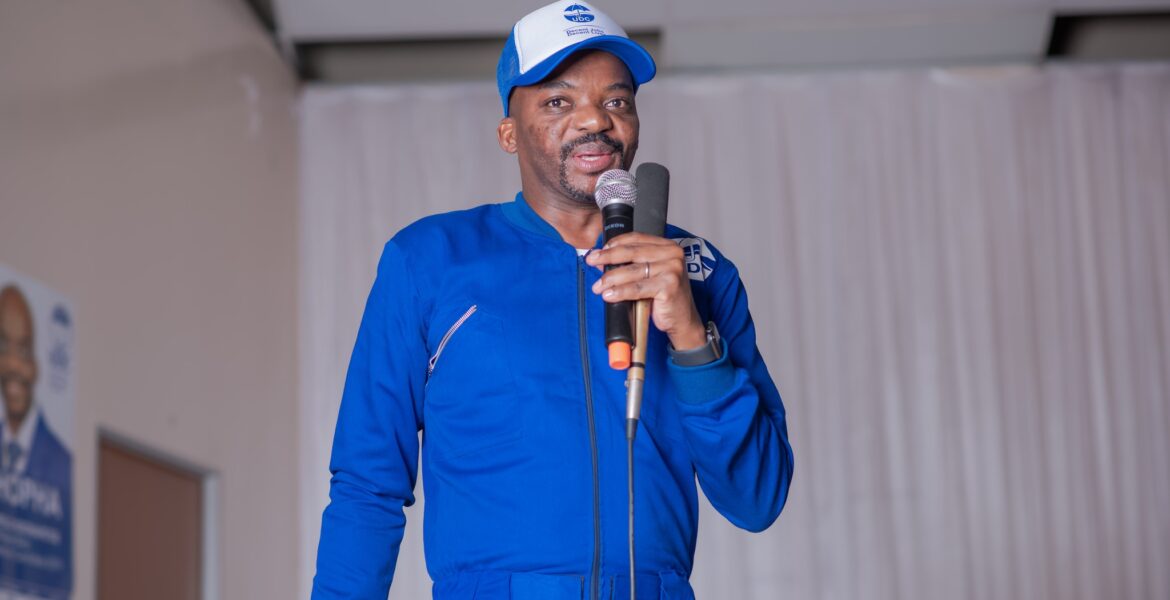- Outspoken opposition MP decries overlooking past icons like Nigel Amos
GAZETTE REPORTER
In a passionate response to President Mokgweetsi Masisi’s recent State of the Nation Address (SONA), opposition leader Dithapelo Keorapetse highlighted the stark challenges faced by Botswana’s athletes and systemic issues plaguing the country’s sports development.
Keorapetse’s words resonate as a call for urgent change in a nation where sporting dreams often collide with political grandstanding.
“Whilst we celebrate Letsile Tebogo and others who participate on the world stage, let us remind this government that these young people use a gym which is not even air-conditioned at the public facility,” he said, reflecting the stark reality faced by athletes who, despite raising the national flag high, have to use sub-standard gyms.
Political grandstanding
The opposition leader further pointed out the political grandstanding that contrasts how athletes like Nigel Amos, Lydia Jele, Isaac Makwala, and Ross Branch, once celebrated, now seem to have faded from the limelight.
“This government only cared about gaining mileage,“ Keorapetse said about the fleeting attention and support provided to athletes who bring glory to the nation.
The glaring omission of any update on the BONA 2027 bid for the AFCON tournament in the State of the Nation Address was another of concern for Keorapetse. He criticised the bid’s execution, labelling it as a pet project of the Minister of Youth, Sports and Culture, Tumiso Rakgare, that neglected football stakeholders.
Inadequate funding
Turning to sports infrastructure Keorapetse lamented the lack of statutory recognition for existing sports academies and absence of a clear plan to support them in the BNSC Act.
The opposition leader pointed to the financial struggles faced by national teams that result in their failure to participate in international events, saying the problem is rooted in inadequate funding.
The politicisation of sports, according to Keorapetse, has resulted in decision-making processes that exclude those directly involved in playing and running sports. The absence of school sports, he said, is contributing to the decline of sports in the country.
Tax incentives
In proposing solutions, Keorapetse emphasised the urgency of reinstating school sports and called for a corporate social investment law linked to taxation to provide tax incentives for companies investing in sports.
He highlighted the need for increased corporate involvement in sports, moving away from the current situation where sports in Botswana is treated as charity rather than a serious investment.
The opposition leader drew attention to untapped potential in sports like softball, volleyball and netball, lamenting the lack of leagues and financial support from the government.
Drawing a parallel with successful African nations like Egypt and Morocco, he underscored the importance of government involvement and top-class infrastructure in fostering sporting success.

